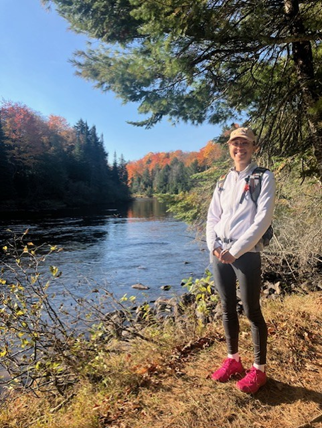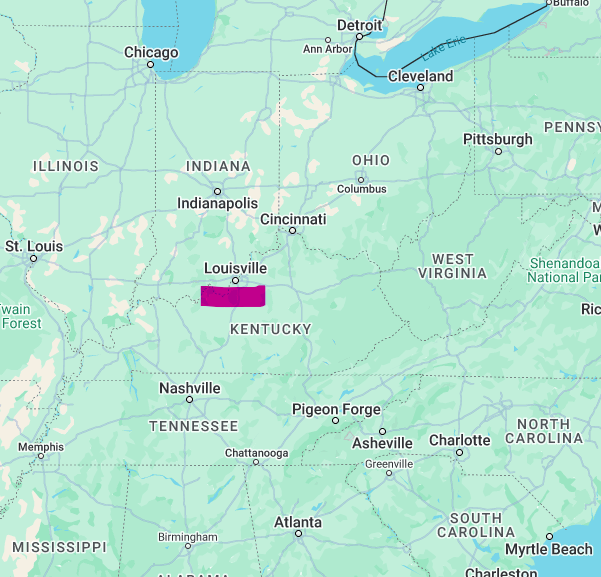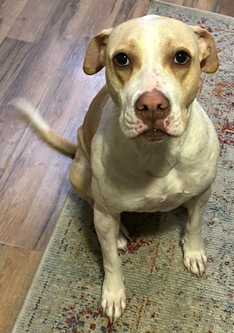Meredith Cahill

Degree in Progress:
PhD in Epidemiology
Hometown:
Louisville, KY

Favorite Color:
Purple
Favorite Movie/Musical Singer or Group:
Musical Group: Chairlift
What do you enjoy doing in your spare time?
I enjoy long-distance running, hiking, traveling, and playing with my dog, Maeve.

Research Focus:
Social and reproductive epidemiology
What inspired your interest in pursuing your degree?
While working as an epidemiologist at a small research and evaluation firm in Kentucky, I noticed a significant disconnect between researchers, policymakers, and community leaders at both the state and national level. This experience motivated me to pursue a PhD because I knew that I needed additional training and expertise to bridge this gap and more effectively address public health issues, especially at the national level. At the same time, I was seeking more flexibility to explore the research questions that genuinely interested me. Although my previous roles provided invaluable experience, I often felt limited in addressing the public health topics I was most passionate about.
Why did you choose to study at MSU?
I chose to study at MSU because I was looking for a small program that offered individualized mentoring and training. Additionally, I was drawn to the department’s strong focus on perinatal health and the health equity work of Dr. Misra and Dr. Margerison, as well as Dr. Margerison’s expertise in health policy research.
What has been one of your best experiences within graduate school so far?
I've really enjoyed getting to know my classmates both in and outside of class. I've learned so much from them and appreciate the different perspectives and experiences they bring.
What do you want others to know about this program?
The small size of the department allows for a lot of individualized mentorship and outside of class help and guidance from faculty and staff.
What are some of the best things about being an MSU/Department of Epidemiology and Biostatistics student?
The faculty and staff truly care about student success.
Any thoughts or advice for current students?
Don’t be afraid to advocate for yourself and what you need to be successful. The worst response you can get is “no.”
What are your future plans?
I don’t have a set plan yet, but I hope to work in an applied setting where I can use my epidemiological skills to translate research into real progress toward health equity. Ideally, I’d like to lead a consortium dedicated to advancing LGBTQ+ health equity. And if all else fails, I’ll become a travel blogger with unexpectedly strong research skills—just kidding!

